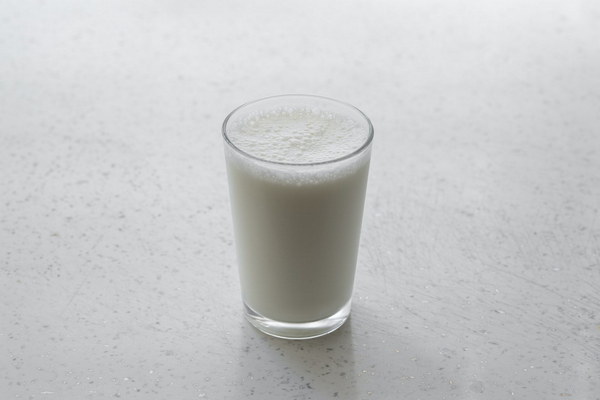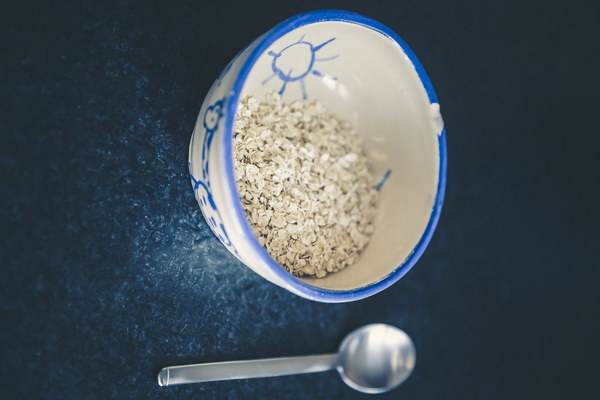Does Eating Eggs Nourish the Liver or Harm It The Truth About Egg Consumption and Liver Health
Eggs have been a staple in many diets for centuries, and their nutritional value is widely recognized. However, there has been ongoing debate about whether consuming eggs is beneficial for liver health or if it can potentially harm the liver. This article aims to shed light on the topic and provide a comprehensive overview of the impact of eating eggs on liver health.
Firstly, it is important to understand that the liver is a vital organ responsible for filtering blood, producing bile, and metabolizing nutrients. It also plays a crucial role in detoxifying harmful substances and storing vitamins and minerals. Given its importance, maintaining optimal liver health is essential for overall well-being.
Proponents of eating eggs argue that they can actually be beneficial for liver health. Here are some reasons why:
1. High in Protein: Eggs are an excellent source of high-quality protein, which is essential for liver function. Protein helps the liver produce enzymes and perform various metabolic processes.
2. Choline: Eggs are rich in choline, a nutrient that plays a significant role in liver health. Choline helps to reduce liver fat, which can lead to non-alcoholic fatty liver disease (NAFLD).
3. Antioxidants: Eggs contain antioxidants such as lutein and zeaxanthin, which can help protect the liver from oxidative stress and inflammation.
On the other hand, some experts believe that eating eggs can be harmful to the liver. The main concerns are as follows:
1. Cholesterol: Eggs are high in cholesterol, which has been linked to an increased risk of cardiovascular disease. Some people with liver conditions, such as NAFLD, may be more sensitive to cholesterol, making eggs a potential risk factor.
2. Saturated Fats: Eggs contain saturated fats, which can contribute to the development of NAFLD. High levels of saturated fats in the diet can lead to increased liver fat accumulation and inflammation.
3. Overconsumption: Consuming excessive amounts of eggs can lead to an imbalance in the diet, potentially causing liver stress.
So, does eating eggs nourish the liver or harm it? The answer is not straightforward and depends on various factors, including individual health conditions, dietary habits, and portion sizes.
For individuals with normal liver function and a well-balanced diet, consuming eggs in moderation can be beneficial. The American Heart Association recommends consuming up to three whole eggs per day for healthy adults. This moderate consumption can provide the necessary nutrients without exceeding cholesterol and saturated fat limits.
However, for those with pre-existing liver conditions, such as NAFLD or hepatitis, it is advisable to consult a healthcare professional before incorporating eggs into their diet. Some experts suggest limiting egg consumption to one egg per day or opting for egg whites instead of whole eggs.
In conclusion, while eating eggs can be beneficial for liver health in moderation, excessive consumption or consumption in individuals with certain liver conditions may pose risks. It is essential to maintain a balanced diet and consult with a healthcare professional for personalized dietary recommendations.
In addition to incorporating eggs into your diet, other factors can help promote liver health, such as:
- Limiting alcohol consumption
- Avoiding smoking
- Exercising regularly
- Maintaining a healthy weight

- Managing stress levels
By taking these steps, you can ensure optimal liver health and reduce the risk of liver-related diseases.









